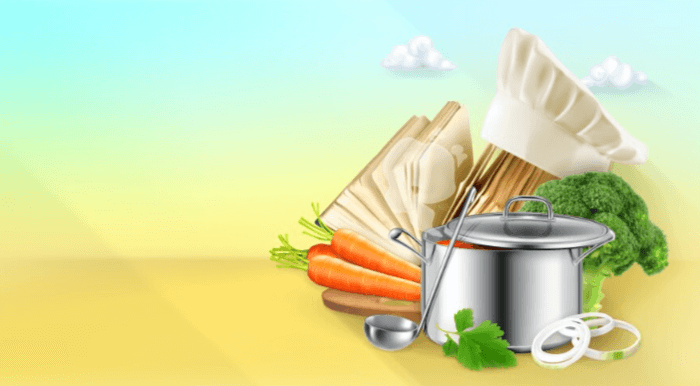Background:8rqhjgxtowm= Cooking

The art of Background:8rqhjgxtowm= Cooking is a profound reflection of humanity’s journey, intricately woven into the fabric of our cultural identities and historical narratives. From the primal discovery of fire to the sophisticated techniques employed in contemporary kitchens, the evolution of culinary practices offers insights into societal changes and technological advancements. As we explore the influences that have shaped global cuisines, it becomes evident that the future of cooking is poised for transformation. This prompts a critical examination of how modern innovations, particularly in sustainability and health, may redefine our culinary landscape.
Historical Roots of Cooking
The historical roots of cooking can be traced back to the dawn of human civilization, where early humans began to experiment with fire, unlocking a transformative process that would shape diets and cultures worldwide.
This experimentation led to the development of ancient recipes, passed down through generations, and the establishment of culinary traditions that reflect the diverse landscapes and resources available to various communities.
Cultural Influences on Cuisine
Cuisine serves as a vibrant tapestry woven from the threads of history, geography, and cultural exchange.
Fusion cuisine exemplifies the beauty of ingredient diversity, where regional specialties meld into innovative dishes.
Culinary traditions and cooking rituals reflect a community’s identity, while food sustainability emphasizes responsible sourcing.
Together, these elements create a rich narrative, celebrating the interconnectedness of cultures through the art of cooking.
Read Also Background:2f0uydvipbs= Christmas Lights Wallpaper
Evolution of Cooking Techniques
Throughout history, humanity has continually refined its cooking techniques, adapting to both available resources and evolving tastes.
From primitive methods and fire control to advanced tool development, each innovation has enhanced flavor and preserved ingredients.
Regional variations emerged as cooking science progressed, focusing on ingredient sourcing and preservation techniques.
This evolution reflects our desire for culinary freedom, embracing creativity while honoring tradition.
Modern Trends in Food Preparation
As culinary landscapes continue to evolve, modern trends in food preparation increasingly emphasize sustainability, health consciousness, and technological integration.
Plant-based innovation drives a shift towards healthier diets, while molecular gastronomy transforms traditional cooking through scientific exploration.
Sustainable practices are becoming essential, promoting eco-friendly ingredients, and digital cooking tools enhance convenience and creativity, allowing chefs and home cooks to embrace freedom in their culinary expressions.
Conclusion
The culinary landscape, shaped by millennia of historical development and cultural exchange, continues to evolve in response to contemporary challenges and preferences. Notably, a significant 29% of the global population is now adopting plant-based diets, reflecting a growing awareness of sustainability and health. This statistic underscores the urgent need for innovative Background:8rqhjgxtowm= Cooking techniques that honor tradition while embracing modern values. Ultimately, the dynamic interplay between history, culture, and technological advancement enriches the culinary experience, fostering a deeper appreciation for food.





